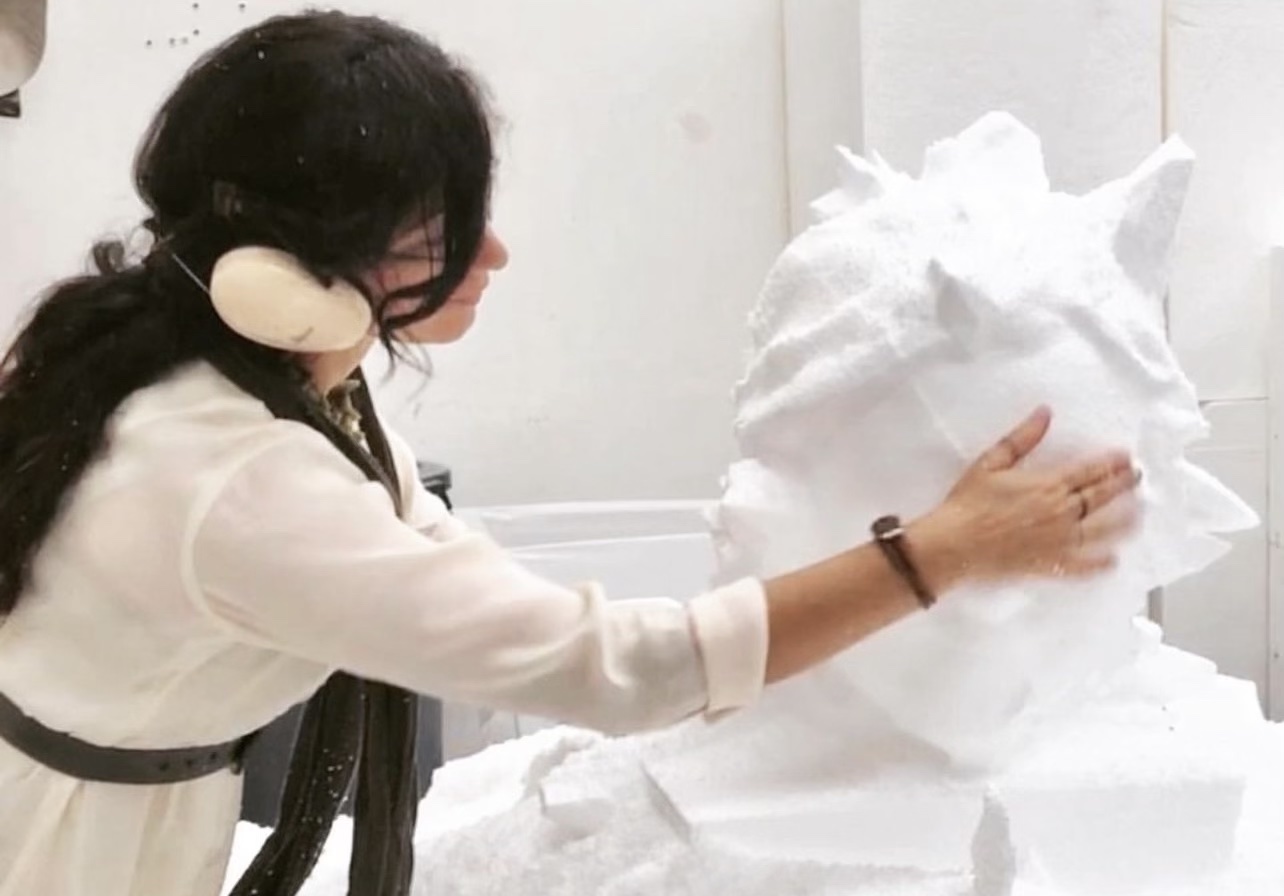 Practice
PracticeAutobiographical memory encompasses events-related memories and the relationship between self and memory. We call it self-defining memory in autobiographical memory. These memories are memories that have an impact on your being the person you are now and are often remembered.
Self-consciousness is mentally formed by separating humans from nature and other living beings. The dynamics of the spiritual structure change with the contradictions of changing nature and allow for individual and collective memory analysis.
The concept of self is based on the ethics of "care for the self," which is referred to by the Greeks as "epimeleia heauto," meaning working on, exercising, and a practice requiring work, repetition, attention, and effort of body and mind (Foucault, 2011:100).
As stated by Michel Foucault, the main problem of Greek philosophy until Socrates was the relationship between logos (knowledge), nomos (law), and truth, that is, political "parrhesia." With Socrates, there was a shift in paradigm from political parrhesia to ethical parrhesia. Based on self-care, ethical parrhesia aims to enable one to think about and take care of oneself and to move to a superior position. This has reshaped the concept of self.
To reflect on himself, Foucault asks, "What is the world? What is human? What is the truth? What is knowledge? How do we know anything? What are we really?" (Foucault, 1998:21)
According to Foucault, the self is an epistemological, ethical, and aesthetic relationship that one establishes with oneself to find answers to who one is and who one should be.
This relationship starts with self-recognition and ends with forming a moral subject.
Foucault defines those activities as self-development practices, namely as "practices of the self" or "esthetic practices" (Foucault, 2012:84).
Based on the self-object defined by Heinz Kohut in the twentieth century, it is argued that works of art are self-objects that enable artists to develop an epistemic, ethical, and aesthetic existence.
Many thinkers such as Heraclitus, Socrates, Kant, Hegel and Nietzsche, Max Weber, Husserl, Heidegger, Foucault, Ricoeur, and Kohut have addressed self as the relationship one establishes with the truth to develop one's self.
Self-knowing shapes oneself as a moral subject in the end. The self-subject is primarily shaped by the fundamental ethical behavior and actions of one's epoch and the memory that constitutes one's identity.